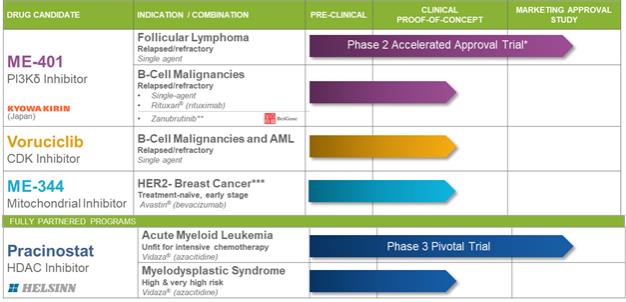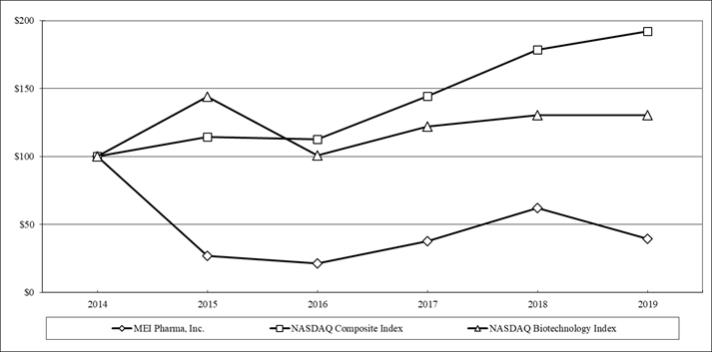additional testing or information. As a condition of approval, the FDA also may require post-marketing testing or surveillance to monitor the product’s safety or efficacy. The FDA also may require a risk evaluation and mitigation strategy, or REMS, as a condition of product approval or following approval to ensure that the benefits of the product candidate outweigh the risks. Moreover, even if the FDA approves a product, it may limit the approved indications or populations for use of the product, require that contraindications, warnings, or precautions be included in the product labeling, including a black box warning, impose other conditions, such as post-approval studies, or may not approve label statements that are necessary for successful commercialization and marketing. Even after an NDA is approved, the FDA may impose additional obligations or restrictions (such as labeling changes, or clinical post-marketing requirements), or even suspend or withdraw a product approval on the basis of data that arise after the product reaches the market, or if compliance with regulatory standards is not maintained. We cannot be certain that any NDA we submit will be approved by the FDA for full or accelerated approval on a timely basis, if at all. Also, any such approval may limit the indicated uses for which the product may be marketed. Any refusal to approve, delay in approval, suspension or withdrawal of approval, or restrictions on indicated uses could have a material adverse impact on our business prospects.
Each NDA must be accompanied by a substantial user fee, pursuant to the requirements of the Prescription Drug User Fee Act (“PDUFA”), and its amendments. Following product approval, drug products are also subject to annual program fees. The FDA adjusts the PDUFA user fees on an annual basis. A written request can be submitted for a waiver for the application fee for the first human drug application that is filed by a small business, but there are no small business waivers for program fees. Product candidates that are designated as orphan products are not subject to application user fees unless the application includes an indication other than the orphan indication and may be exempt from program fees if certain criteria are met. We are not at the stage of development with our products where we are subject to these fees, but they are significant expenditures that may be incurred in the future and must be paid at the time of application submissions to the FDA.
Satisfaction of FDA requirements typically takes many years. The actual time required varies substantially, based upon the type, complexity, and novelty of the pharmaceutical product, among other things. Government regulation imposes costly and time-consuming requirements and restrictions throughout the product life cycle and may delay product marketing for a considerable period of time, limit product marketing, or prevent marketing altogether. Success inpre-clinical or early stage clinical trials does not ensure success in later stage clinical trials. Data obtained frompre-clinical and clinical activities are not always conclusive and may be susceptible to varying interpretations that could delay, limit, or prevent marketing approval. Even if a product receives marketing approval, the approval is limited to specific clinical indications. Further, even after marketing approval is obtained, the discovery of previously unknown problems with a product may result in restrictions on the product or even complete withdrawal of the product from the market.
After product approval, there are continuing significant regulatory requirements imposed by the FDA, including record-keeping requirements, obligations to report adverse side effects in patients using the products, and restrictions on advertising and promotional activities. Quality control and manufacturing procedures must continue to conform to cGMPs, and the FDA periodically inspects facilities to assess cGMP compliance. Additionally, post-approval changes in ingredient composition, manufacturing processes or facilities, product labeling, or other areas may require submission of a NDA Supplement to the FDA for review and approval. New indications will require additional clinical studies and submission of a NDA Supplement.
Failure to comply with FDA regulatory requirements may result in an enforcement action by the FDA, including clinical holds, refusal to approve marketing applications or supplements, Warning Letters, product recalls, suspension or revocation of product approval, seizure of product to prevent distribution, impositions of injunctions prohibiting product manufacture or distribution, and civil and criminal penalties, among other actions. Maintaining compliance is costly and time-consuming. We cannot be certain that we, or our present or future suppliers or third-party manufacturers, will be able to comply with all FDA regulatory requirements, and potential consequences of noncompliance could have a material adverse impact on our business prospects.
The FDA’s policies may change, and additional governmental regulations may be enacted that could delay, limit, or prevent regulatory approval of our products or affect our ability to manufacture, market, or distribute our products after approval. Moreover, increased attention to the containment of healthcare costs in the U.S. and in foreign markets could result in new government regulations that could have a material adverse effect on our business. Our ability to commercialize future products will depend in part on the extent to which coverage and reimbursement for the products will be available from government and health administration authorities, private health insurers, and other third-party payers. European Union member states and U.S. government and other third-party payers increasingly are attempting to contain healthcare costs by consideration of new laws and regulations limiting both coverage and the level of reimbursement for new drugs. Our failure to obtain coverage, an adequate level of reimbursement, or acceptable prices for our future products could diminish any revenues we may be able to generate. We cannot predict the likelihood, nature or extent of adverse governmental regulation that might arise from future legislative or administrative action, either in the U.S. or abroad.
Our activities also may be subject to state laws and regulations that affect our ability to develop and sell our products. We are also subject to numerous federal, state, and local laws relating to such matters as safe working conditions, clinical, laboratory, and manufacturing practices, environmental protection, fire hazard control, and disposal of hazardous or potentially hazardous substances. We may incur significant costs to comply with such laws and regulations now or in the future, and the failure to comply may have a material adverse impact on our business prospects.
The FDCA includes provisions designed to facilitate the development and expedite the review of drugs and biological products intended for treatment of serious or life-threatening conditions that demonstrate the potential to address unmet medical needs for such conditions. These provisions set forth a procedure for designation of a drug as a “fast track product”. The fast track designation applies to the combination of the product and specific indication for which it is being studied. A product designated as fast track is ordinarily eligible for additional programs for expediting development and review, such as increased FDA interactions and rolling submission and review of the application. Products that are intended to treat serious or life-threatening conditions and that provide a meaningful therapeutic benefit over existing treatments may also be eligible for accelerated approval. Drug approval under the accelerated approval regulations may be based on evidence of clinical effect on a surrogate endpoint that is reasonably likely to predict clinical benefit. A post-marketing clinical study will be required to verify clinical benefit, and other restrictions to assure safe use may be imposed. Failure to conduct required post-approval studies, or confirm a clinical benefit, will allow the FDA to withdraw the drug or biologic from the market on an expedited basis. A third potential designation that may be available is breakthrough therapy designation. A breakthrough therapy is a product that is intended, alone or in combination with one or more other products, to treat a serious or life-threatening disease or condition, and preliminary clinical evidence indicates that the product may demonstrate substantial improvement over existing therapies on one or more clinically significant endpoints. Products designated as breakthrough therapies are eligible for intensive FDA guidance, a commitment from the FDA to involve senior managers and experienced review staff in a proactive collaborative and cross-disciplinary review, rolling submission and review of the application, and the facilitation of cross-disciplinary review. Finally, if a product is intended to treat a serious condition and, if approved, would provide significant improvements in the safety or effectiveness of the treatment, diagnosis, or prevention of the condition, the product may be eligible for priority review meaning that FDA’s goal for the review of an NDA is shortened to six months from FDA’s acceptance of the application, rather than the standard review of ten months from application acceptance. We do not currently have fast track designation for any of our clinical programs. If we should seek such designation for any of our programs, however, we cannot be assured that it will be granted by the FDA. There is also no guarantee that we will be able to maintain any designation that we may receive.
11

